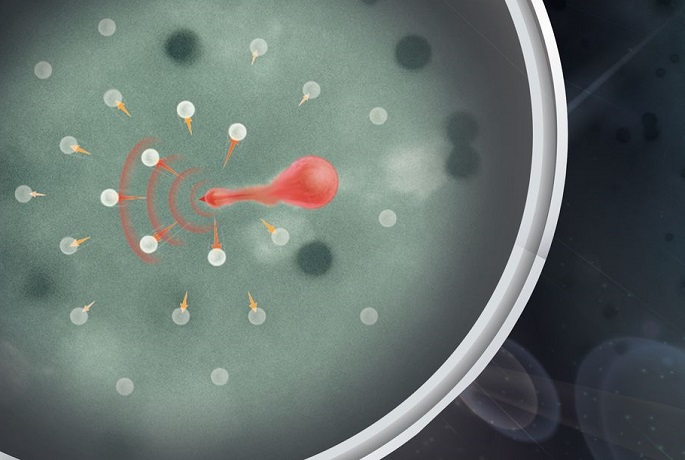Nordic clinical trial opens door to cure blood cancer
Published : 22 Sep 2022, 02:51
Chronic myeloid leukemia (CML) is one of the four main types of blood cancer, and it begins in the blood-forming cells of the bone marrow, said Helsinki-Uusimaa Hospital District (HUS) in a press release on Wednesday.
About 50 Finns are diagnosed with CML each year. It typically develops in people of working age.
A Nordic study run by HUS Comprehensive Cancer Center and the University of Helsinki examined how two different cancer treatments work better in combination rather than separately in patients.
Although CML is a malignant blood disease, long-term cancer research has revolutionised the prognosis for patients during the past 10 years.
Unlike in other cancers, researchers have accurately identified the onset mechanism of CML, and targeted drugs (tyrosine kinase inhibitors) approved in the 2000s has resulted in that only a few people lose their lives to this disease today.
However, these targeted drugs do not usually cure the disease, thus making the medication lifelong. As a result, patients must remember to take their medication every day. In addition to its high costs, the medication exposes patients to side effects and causes concern among patients regarding a decrease in treatment response.
The goal of researchers is to develop the treatment of CML so that the medication can be discontinued after a certain period of time. In such cases, the cancer can be thought to be cured.
“Earlier studies show that about 40% of patients who have an excellent response to the treatment are able to discontinue their daily medication. Based on my research group's findings, those patients have a favourable immune system that keeps the disease under control without medication,” said Professor and Chief Physician Satu Mustjoki from HUS and the University of Helsinki.
“We therefore believe that the body’s own immune reaction to cancer cells has to be activated so that the majority of patients can stop taking their medication,” said Mustjoki.
In a clinical trial performed by blood cancer doctors and researchers at HUS, the University of Helsinki and other Nordic universities, 40 Nordic patients received, in addition to CML targeted medicine treatment, interferon-alpha therapy to activate their defence systems
“Our study showed that targeted treatment of CML forces the defence system into a sort of overdrive, which prevents it from working effectively. Interferon-alpha restores this to an active state. We believe that this mechanism also prevents the side effects of the targeted treatment and helps us understand how the defence system works in other cancers”, said Physician and Doctoral Researcher Jani Huuhtanen from the University of Helsinki and Aalto University.
In comparison to receiving only targeted treatment for CML, patients had better responses with the new combination therapy, which will make it possible for more patients to discontinue their medication in the future. The mechanism for this proved to be the partly opposite effects that these medicines have on our body’s defence system.
The Finnish study was published in the respected The Journal of Clinical Investigation publication series(opens in new window, links to another website).
The next step for the researcher involves determining whether the patients who took part in this treatment trial can stop taking the medicines altogether. They will also study whether the defence system becomes more effective in other types of cancer.
“It’s very possible that CML treatment will be revolutionised again in the future, and we’ll be able to talk about curing the disease in the majority of patients,” Mustjoki added.


